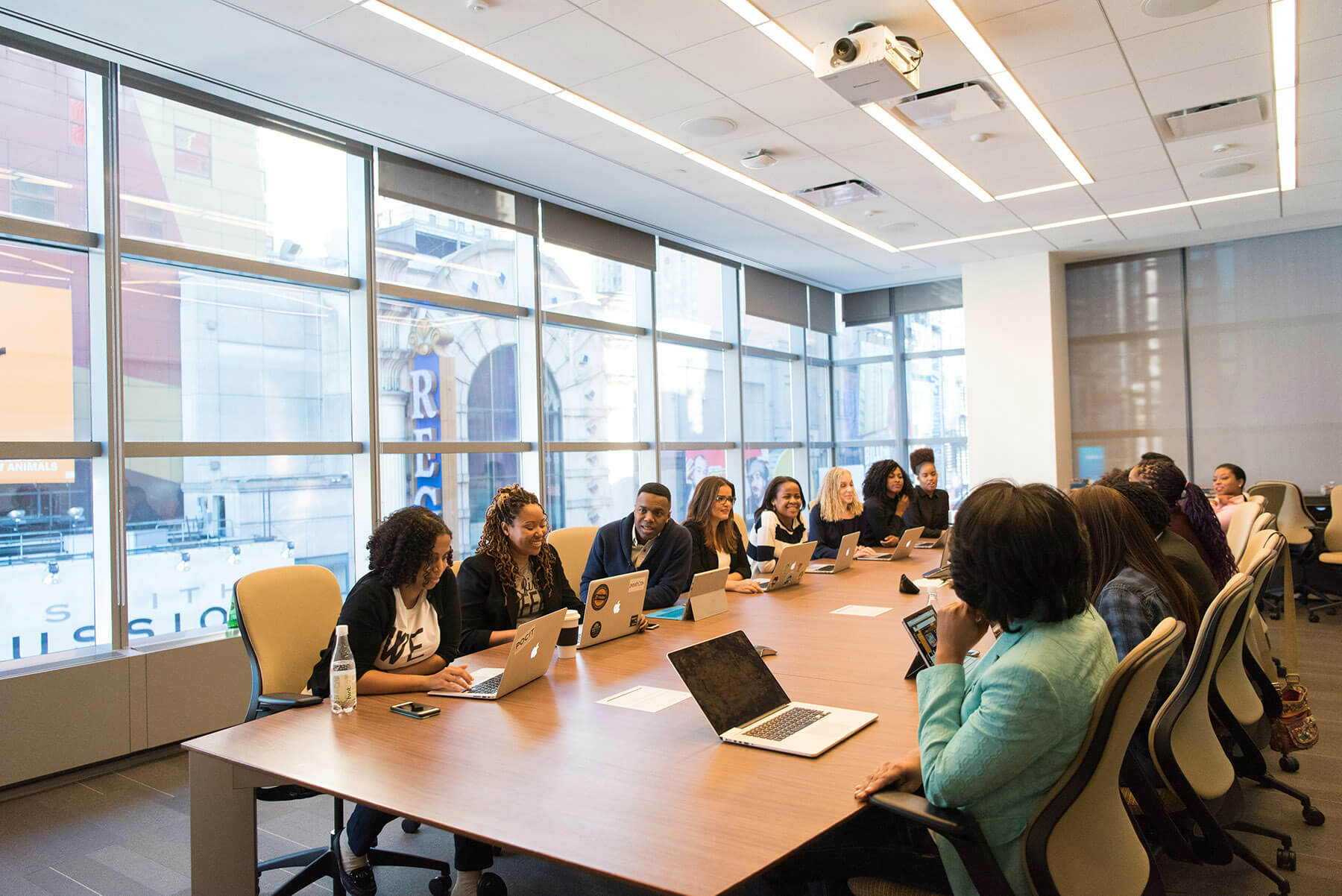IA Insights > Blog
What to Ask Your Relative Who Voted for the Other Guy
What to Ask Your Relative Who Voted for the Other Guy
Those of us in the United States are now moving from election season to dispute season. Tens of millions of Americans will be distressed, maybe even enraged. And some of them will soon be sitting down to a Thanksgiving meal with you.
The holidays are approaching. A time for friends and family to reunite. Does the idea of reuniting feel quaint and naive? It might be more likely that you are dreading an inevitable interaction with the outspoken lefty or righty at the table. After all, you can only talk about the kids and the weather for so long.
Here’s an early holiday gift from Unstuck Minds. There are two sets of questions below. One set of questions for progressives to ask conservatives. One set of questions for conservatives to ask progressives. The questions are designed to build shared understanding and surface insights.
Before attempting to use the conversation starters, a word of warning. There’s a big difference between an inquisitive, “What were you thinking?” and an exasperated, “What were you thinking?!” A question lives up to its potential when the person asking it learns something from the answer.
A question lives up to its potential when the person asking it learns something from the answer
Maybe it would help if you imagine you’re a journalist from an alien world. Your species is highly intelligent and confused about reports that Earthlings aren’t getting along with each other. Your job is to explain the disparities in values and world-views among humans by interviewing a few of them. Your job is not to win an argument or score points with snarky retorts.
If you decide to “go there,” proceed with compassion and curiosity. I suggest showing people the list of questions and letting them answer the ones they find interesting.
Questions Progressives Should Ask Conservatives
- Trump's slogan has been, “Make America Great Again.” What are some of the great things you want America to hold on to or return to?
- What is important to you about patriotism? What happens if people in our country become less patriotic?
- What are some things that a federal government should and should not be in charge of?
- What role should religion play in the decisions made by our political leaders?
- What should citizens be free to do and where should we draw the line so that we don’t cause harm? How about businesses?
- How do you feel about people born in other countries coming to live in the United States?
- What should we teach our children about competitiveness and the desire to win?
- What should we teach our children about loyalty and respect for authority?
Questions Conservatives Should Ask Progressives
- What should those with society’s favored traits (race, gender, sexual identity, age, physical and mental attributes, etc.) understand about the experiences of those in the minority?
- What is important to you about fairness? What happens when the rules of society or the behavior of people in power create inequities?
- What are some things that a federal government should be and should not be involved in?
- What are our obligations to each other as citizens of the United States?
- How do you feel about people born in other countries coming to live in the United States?
- What should we teach our children about fair play and making sacrifices for less fortunate people?
- What should we teach our children about becoming independent thinkers?
If the thought of having a discussion about any of the above topics feels daunting and potentially upsetting, stick to comments about the kids and the weather. Perhaps just reading the questions might help us see others as reasonable.
A toast: Here’s to reuniting the states of America!
About Jay Cone
Jay Cone has spent the past 25 years focusing on leadership development, strategic thinking and innovation and is the founder of Unstuck Minds. Prior to joining Interaction Associates, Jay worked in the food service industry as a training manager, Human Resources director, and internal consultant. Jay is a thought leader for Interaction Associates’ work in teams, innovation and strategic thinking. Jay is a regular contributor to Saybrook University’s Rethinking Complexity blog. His articles on strategy and leadership development have appeared in Rotman Magazine, The Journal of Global Business and Organizational Excellence, Training Magazine, and The American Society for Training and Development's Best of Customer Service Training. Jay served on the editorial review committee for David Straus' book, How to Make Collaboration Work, and contributed a chapter on accountability to Leadership for Transformation, edited by JoAnn Danelo Barbour and Gill Robinson Hickman. Jay served for five years on the faculty of the Executive M.B.A. program at The University of Texas at Dallas, where he taught innovation and collaboration. Jay is conducting research and writing a dissertation on organizational strategy formation to complete his Ph.D. program in organizational systems. Jay's current consulting practice focuses on senior team facilitation, strategic thinking, leadership development, and innovation.






